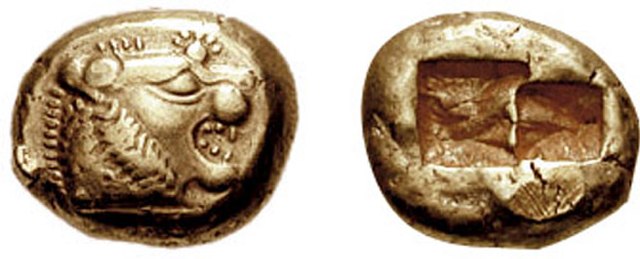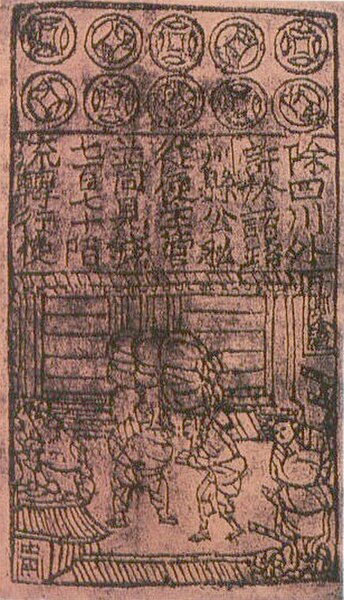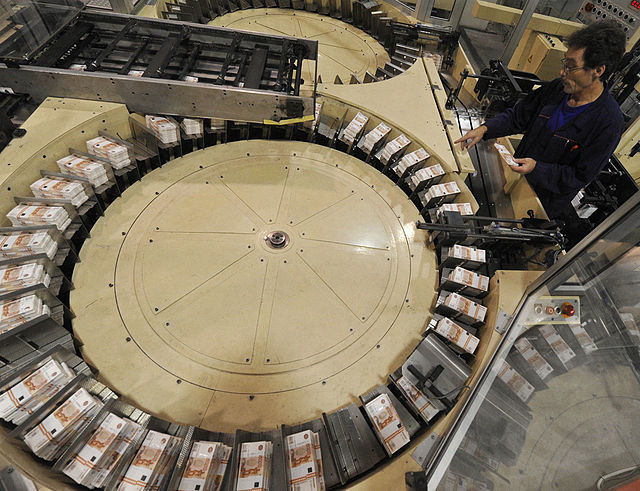Infinite photos and videos for every Wiki article ·
Find something interesting to watch in seconds
Rare Coins
Celebrities
Famous Castles
Sports
History by Country
Animals
Great Museums
Presidents
Wars and Battles
Countries of the World
Recovered Treasures
Great Cities
Richest US Counties
World Banknotes
Crown Jewels
Best Campuses
Ancient Marvels
British Monarchs
Supercars
Largest Palaces
Kings of France
Orders and Medals
Largest Empires
Great Artists
Tallest Buildings
Wonders of Nature
more top lists






